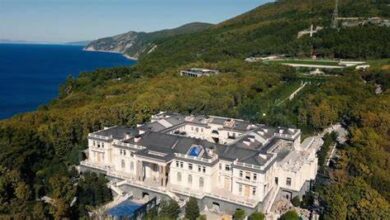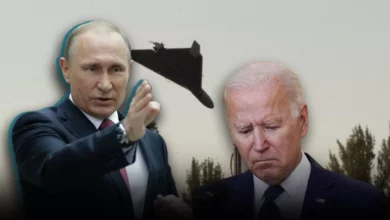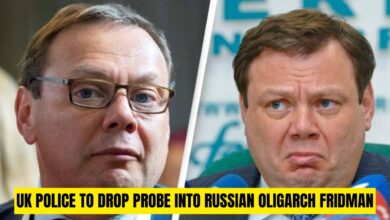Mnangagwa Mutapa Fund: Attracting Russian Oligarchs Attention
Mnangagwa Mutapa Fund: A potential catalyst for Russian oligarchs seeking investment opportunities in Zimbabwe. Explore the possibilities
Concerns are widespread that President Emmerson Mnangagwa Mutapa Investment Fund project, driven by self-interest, bears resemblances to the questionable sale or outright theft of Russian state assets during its shift from socialism to capitalism.
Russian oligarchs accumulated their wealth by acquiring valuable state assets at extremely low prices.
They employed a range of techniques to acquire the assets.
At times, Russian oligarchs would either divest their acquired assets or obtain natural resources, subsequently selling them and transferring the proceeds overseas.
On September 19, Mnangagwa Mutapa Fund officially announced the enactment of Statutory Instrument (SI) 156 of 2023. This instrument not only renamed the Sovereign Wealth Fund of Zimbabwe to the Mnangagwa Mutapa Fund but also consolidated the oversight of 20 state-owned entities under a single board.

Mnangagwa Mutapa Fund’s Organizations Spared from Procurement Act
The Mnangagwa Mutapa Fund Investment Fund’s entities, as per the SI (Statutory Instrument), will not be subject to the Public Procurement and Disposal of Public Assets Act. This Act requires public enterprises to follow the Procurement Regulatory Authority of Zimbabwe’s procedures for purchasing goods and services.
The organizations under the Mnangagwa Mutapa Fund as outlined in the Statutory Instrument (SI), will not need to adhere to the rules and regulations of the Public Procurement and Disposal of Public Assets Act. This particular Act mandates that public enterprises must adhere to the procedures established by the Procurement Regulatory Authority of Zimbabwe when acquiring goods and services.
The inclusion of these organizations within the Mnangagwa Mutapa Fund has raised concerns that the fund’s board may secretly transfer the assets of these state-owned enterprises to individuals with political connections to the ruling Zanu-PF party.
In a conversation with The NewsHawks, Professor Gift Mugano, a well-known economic expert, expressed:

“My fears are centred around the lack of transparency and accountability. The fact that the fund is exempt from public scrutiny worries me a lot. The reason why we want public scrutiny is that we want to make sure that there is no wastefulness in terms of how procurement is done. So, for me that is the first thing I am worried about.
It worries me a lot because we need transparency. Number two, I am not a lawyer, but I can follow that in things like these, you would like the Parliament to be involved, but when there is a presidential decree in it, again it creates challenges in terms of economic governance, because Parliament has a legislative role and it looks like its mandate has been taken away.”
Professor Mugano emphasized that subjecting parastatals and public entity transactions to parliamentary scrutiny is crucial to ensuring the necessary oversight.Tendai Biti, the ex-Finance minister, stated that the Mnangagwa Mutapa Fund lacks legality.
“If it is done by the President, then they would have missed an opportunity to get views from members of the public in particular. I am not saying any insinuation that there are no legal advisors of the President, but I think the more the better and we need to follow processes,” he said.
“Finally, I would like to see our sovereign wealth fund focusing on our natural resources, minerals in particular. It would then help us to benefit from the minerals in times of surpluses where prices are very good and we are making good money from our minerals. But when we see 20 state-owned enterprises being put under the sovereign wealth fund, I have a bit of a challenge because, traditionally, the wealth works well when it is focusing on minerals because those are infinite.”
Professor Mugano also expressed reservations regarding the government’s decision not to allow state-owned enterprises to function independently initially. He suggested the approach of implementing reforms and restructuring them as distinct legal entities before devising an optimal model tailored to each entity’s unique circumstances.
“There are quite useful models to drive success and improve performance of state-owned enterprises. My fear is that if they are lumped under a fund, which is owned by the government, it is still the same government putting them under one roof, but then impeding any possibility of external players to work on them as individual entities,” Prof Mugano said
“The instrument does not meet the test of the law and must be rejected as it is illegal. This law was unnecessary,” Biti said during a radio show on Wednesday evening this week.
“They are transferring the public shares into a private vehicle. The government already owns the shares; I think the issue is to sell shares as quickly as possible without public scrutiny.”
Biti added that the law is very clear that any procurement in Zimbabwe must be subject to public accountability and transparency.
“Under section 340 of the constitution, neither the President nor ministry of Finance secretary George Guvamatanga could seek not to exclude the operations of Public Procurement Act from any transaction,” he said.
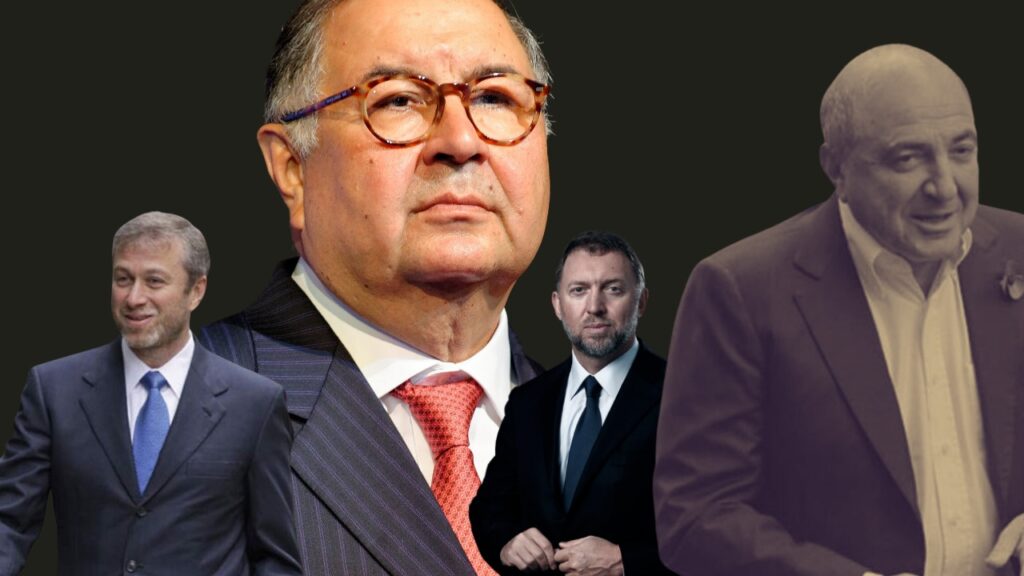
Guvamatanga emphasized that exclusive rights to hold government shares independently in various companies are granted solely to the v. However, the state-owned enterprises in which Mnangagwa Mutapa Fund holds shares will maintain their distinct legal status and are still obligated to adhere to procurement regulations.
“To be clear, in terms of the law, as contained in the general notice published last Friday, the exemption applies only to the fund, and not to any other entities listed on the schedule. The fund merely owns shares in those entities, but (the SI) does not change their legal character or separate legal entities distinct from the fund,” Guvamatanga said, adding: “All this noise that we’re seeing, that every entity has been exempted, is not correct.” Guvamatanga says the government has exempted the Mutapa Investment Fund because the fund will need to make quick decisions as an investment fund.
“Because the fund, by its nature, will operate and compete in competitive markets, in both the international and competitive markets, competing against private equity funds and such types of businesses, the fund will need to be quick, efficient and cost-effective,” Guvamatanga said.
“In some instances, by its nature, it will be involved in market-sensitive transactions which, as investment brokers will know, will require such transactions to be handled differently. As such, it was important to place it at par with its peers.”
However, this attempt has not succeeded in soothing concerns, fueling suspicions that those with political connections might misuse the Fund in a manner reminiscent of the situation in Russia during Boris Yeltsin’s presidency, which began in July 1991.
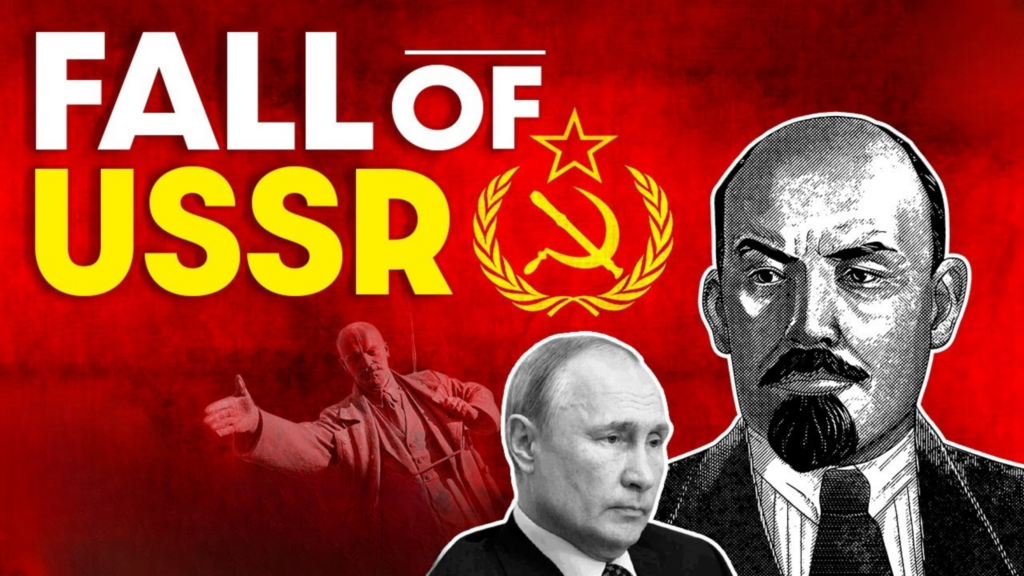
Russia’s Oligarchic Revolution: Profiting from the Soviet Union’s Collapse
In this era, the Russian oligarchs rose as well-connected businesspeople who began with almost nothing and amassed great wealth by acquiring valuable public assets at a nominal cost, leveraging their ties to corrupt government officials. This occurred amid Russia’s shift towards a market-driven economy.
Following the dissolution of the Soviet Union in 1991, a corrupt system emerged in post-Soviet Russia, providing fertile ground for opportunistic individuals. Notably, Russian oligarchs like Roman Abramovich, Alisher Usmanov, Boris Berezovsky, and Oleg Deripaska gained international prominence, often flaunting their wealth through ownership of extravagant superyachts.
Russian billionaires like Roman Abramovich, Alisher Usmanov, Boris Berezovsky, and Oleg Deripaska gained international prominence, often flaunting their wealth through ownership of extravagant superyac
This surge in wealth accumulation can be attributed to the chaotic and corrupt market conditions prevailing in Russia at the time. In the aftermath of the Soviet Union’s collapse, the newly formed Russian government initiated a voucher privatization program, selling off valuable Soviet assets to the public. Unfortunately, this process was exploited by opportunists who later became known as Russian oligarchs.
These Russian oligarchs acquired state assets, including highly valuable industrial and energy machinery, at minimal costs. Instead of reinvesting their profits into the Russian economy, they chose to sell these assets abroad, accumulating substantial wealth. This wealth was often stashed in foreign bank accounts, rather than contributing to the economic development of their home country.
The initial wave of Russian oligarchs consisted largely of individuals who had seized entrepreneurial opportunities in the late 1980s when the Soviet Union began to relax its strict restrictions on private business. Many of them had made their fortunes through activities on the black market.
Scholar Harry Atkins, in a study titled “How Did Russian Oligarchs Get Rich from the Fall of the Soviet Union?,” provides detailed insights into the mechanisms through which this wealth accumulation occurred.
“Arguably, in his haste to transition Russia into a market economy, Boris Yeltsin, the first President of the Russian Federation, helped to create a set of circumstances that perfectly suited the emergent oligarchy. Assisted by the influential economist Anatoly Chubais, who was tasked with the role of overseeing the privatisation project, Yeltsin’s approach to transforming the Russian economy – a process that no one expected to be painless – was to deliver capitalism via economic ‘shock therapy’. This entailed the sudden release of price and currency controls. Though this approach was widely advocated by neoliberal economists and the International Monetary Fund (IMF), many felt that the transition should be more gradual.”
Many are concerned that a similar scenario could occur in Zimbabwe with the Mutapa Investment Fund.





